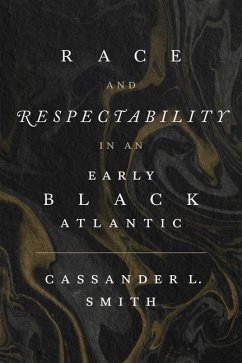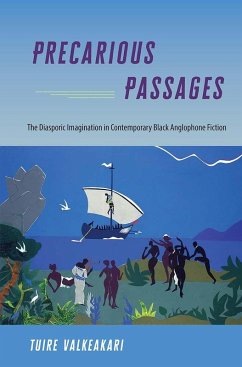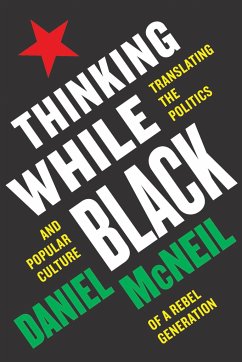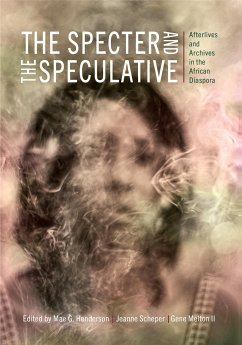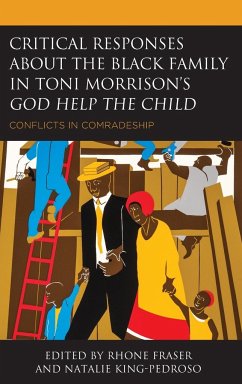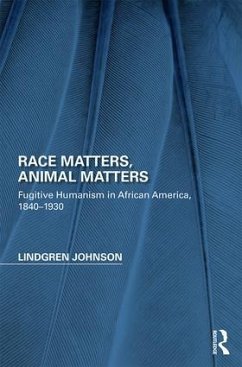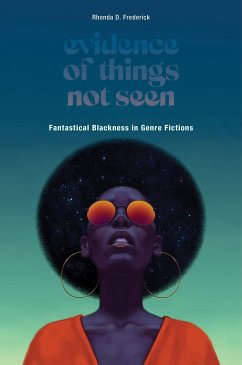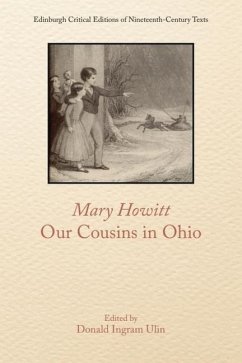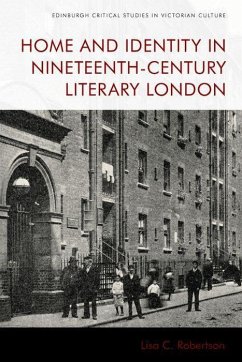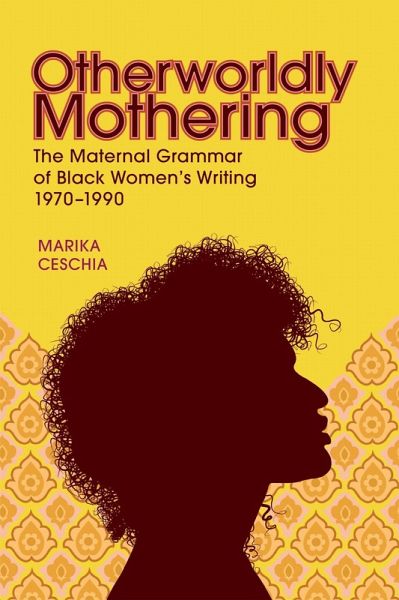
Otherworldly Mothering
The Maternal Grammar of Black Women's Writing, 1970-1990

PAYBACK Punkte
21 °P sammeln!
"Otherworldly Mothering argues that Black women's literary narratives of the 1970s and 1980s reimagine the processes through which Black subjectivities are constructed. They achieve this through what Marika Ceschia terms a maternal grammar that rewrites the ancestral practices deployed by enslaved women. Such reimagining disrupts a brutal American grammar of description based upon a hierarchical taxonomy of the human and a concomitant erasure of the maternal that originated during slavery. Unveiling the disturbing historical continuities between antebellum and neoliberal America, the maternal ...
"Otherworldly Mothering argues that Black women's literary narratives of the 1970s and 1980s reimagine the processes through which Black subjectivities are constructed. They achieve this through what Marika Ceschia terms a maternal grammar that rewrites the ancestral practices deployed by enslaved women. Such reimagining disrupts a brutal American grammar of description based upon a hierarchical taxonomy of the human and a concomitant erasure of the maternal that originated during slavery. Unveiling the disturbing historical continuities between antebellum and neoliberal America, the maternal grammar identified by Ceschia allows for alternative, relational modes of subjectivity, reimagined in processual terms and based upon a return to, rather than a break from, the maternal. In so doing, Ceschia argues, literary narratives strive to counteract the racial violence engendered by the neoliberal mode of reason and its concomitant teleological and hierarchical order of being. Focusing on Toni Morrison's Song of Solomon, Gloria Naylor's Linden Hills, Paule Marshall's Praisesong for the Widow, Audre Lorde's Zami, and Toni Cade Bambara's The Salt Eaters, Ceschia frames her analysis of these novels alongside current debates about the ontology of the human. If the human has been made and unmade throughout history to serve various economic ends, then, as Sylvia Wynter contends, being human is a praxis, not an immutable ontological category or essence but a process that is ongoing. By uncovering the maternal displacement that has helped to convert some human beings into property, the novels analyzed by Ceschia theorize the potential to reverse this process, changing the terms that dictate how the human is performed. What needs to be left behind is the processes of maternal ousting that brought about the human's current manifestation as a gendered and racialized order of being. Each novel in its way confronts the toll that racial violence exerts upon Black mothering. Otherworldly Mothering uncovers how these texts, rather than idealizing lost maternal figures, posit maternal praxis as a means of understanding the processes through which the human can be made and unmade. They thus not only rewrite historical situations but the figure of the human itself"--




